| Origem | Literatura Estrangeira |
|---|---|
| Quantidade de Páginas | 502 |
| Acabamento | Capa Dura |
| Autores | Não informado |
| Idioma | Esperanto |
| Edição | 0 |
| Selo | Evertype |
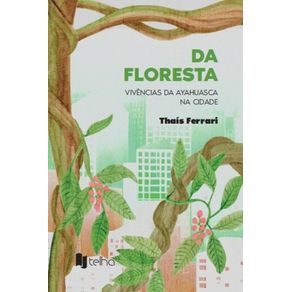 Da floresta - Vivências da ayahuasca na cidade
Da floresta - Vivências da ayahuasca na cidade
Telha
R$ 52,00 à vista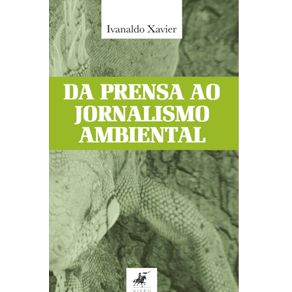 Da prensa ao jornalismo ambiental
Da prensa ao jornalismo ambiental
Editora Viseu
R$ 44,90 à vista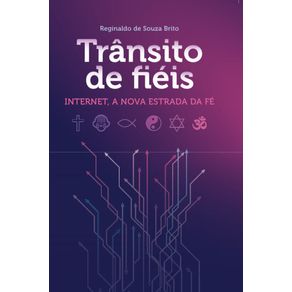 Trânsito de fiéis: Internet, a nova estrada da fé
Trânsito de fiéis: Internet, a nova estrada da fé
Editora Viseu
R$ 51,90 à vista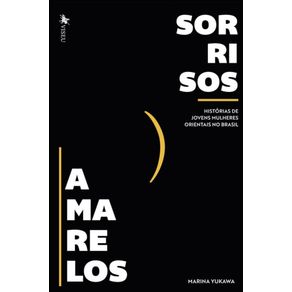 Sorrisos Amarelos: Histórias de jovens mulheres orientais no Brasil
Sorrisos Amarelos: Histórias de jovens mulheres orientais no Brasil
Editora Viseu
R$ 32,90 à vista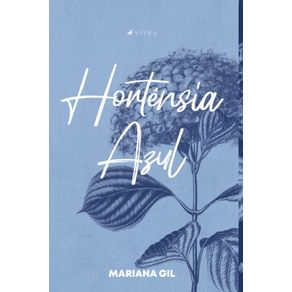 Hortênsia azul
Hortênsia azul
Editora Viseu
R$ 35,90 à vista Como se tornar um tradutor de sucesso
Como se tornar um tradutor de sucesso
Editora Viseu
R$ 65,04 à vista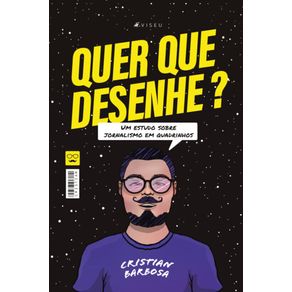 Quer que desenhe
Quer que desenhe
Editora Viseu
R$ 39,90 à vista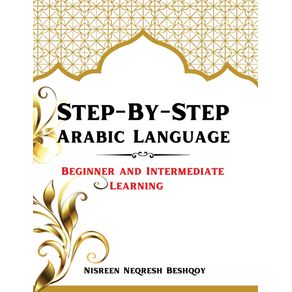 Step-By-Step Arabic Language
Step-By-Step Arabic Language
Nisreeen Beshqoy
R$ 427,51 ou até 3x sem juros Japanese Kanji Made Easy
Japanese Kanji Made Easy
Lingo Mastery
R$ 82,54 à vista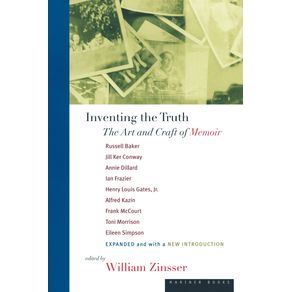 Inventing the Truth
Inventing the Truth
HARPERCOLLINS
R$ 113,91 ou até 2x sem juros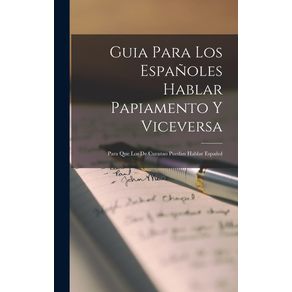 Guia Para Los Españoles Hablar Papiamento Y Viceversa
Guia Para Los Españoles Hablar Papiamento Y Viceversa
Legare Street Press
R$ 207,34 ou até 3x sem juros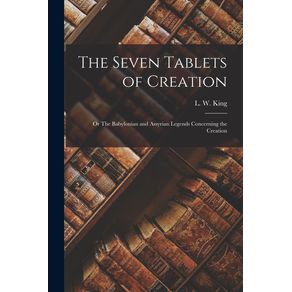 The Seven Tablets of Creation
The Seven Tablets of Creation
Legare Street Press
R$ 152,29 ou até 3x sem juros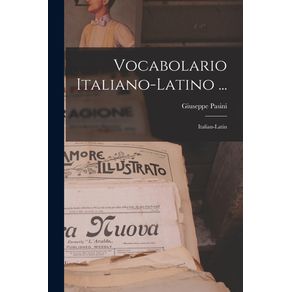 Vocabolario Italiano-latino ...
Vocabolario Italiano-latino ...
Legare Street Press
R$ 237,50 ou até 3x sem juros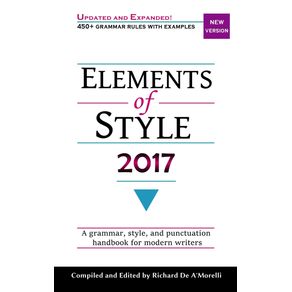 Elements of Style 2017
Elements of Style 2017
Alysian Publishing
R$ 170,28 ou até 3x sem juros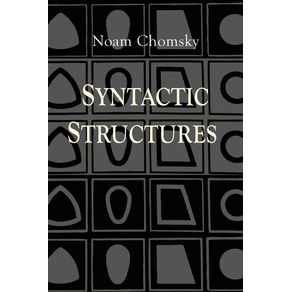 Syntactic Structures
Syntactic Structures
Martino Fine Books
R$ 129,55 ou até 2x sem juros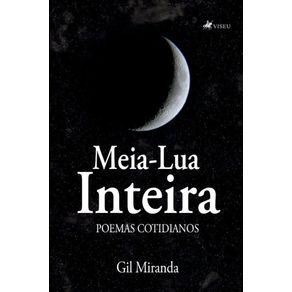 Meia-Lua Inteira: Poemas cotidianos
Meia-Lua Inteira: Poemas cotidianos
Editora Viseu
R$ 40,90 à vista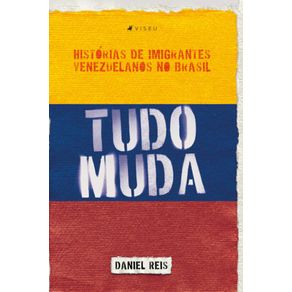 Tudo muda; Histórias de imigrantes venezuelanos no Brasil
Tudo muda; Histórias de imigrantes venezuelanos no Brasil
Editora Viseu
R$ 41,90 à vista Sorrisos Amarelos: Histórias de jovens mulheres orientais no Brasil
Sorrisos Amarelos: Histórias de jovens mulheres orientais no Brasil
Editora Viseu
R$ 32,90 à vista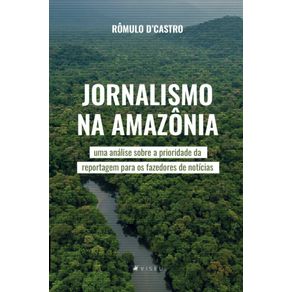 Jornalismo na Amazônia
Jornalismo na Amazônia
Editora Viseu
R$ 44,90 à vista Hortênsia azul
Hortênsia azul
Editora Viseu
R$ 35,90 à vista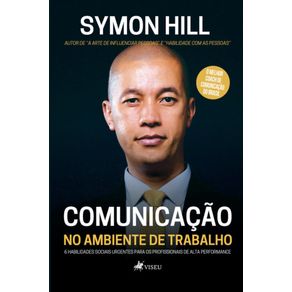 Comunicação no ambiente de trabalho: 6 habilidades sociais urgentes para os profissionais de alta performance
Comunicação no ambiente de trabalho: 6 habilidades sociais urgentes para os profissionais de alta performance
Editora Viseu
R$ 51,90 à vista One Dream Only / Il mio unico sogno (Libro bilingue
One Dream Only / Il mio unico sogno (Libro bilingue
Draft2Digital
R$ 104,71 ou até 2x sem juros Inventing the Truth
Inventing the Truth
HARPERCOLLINS
R$ 113,91 ou até 2x sem juros The Seven Tablets of Creation
The Seven Tablets of Creation
Legare Street Press
R$ 152,29 ou até 3x sem juros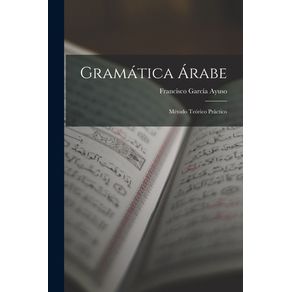 Gramática Árabe
Gramática Árabe
Legare Street Press
R$ 150,17 ou até 3x sem juros Vocabolario Italiano-latino ...
Vocabolario Italiano-latino ...
Legare Street Press
R$ 237,50 ou até 3x sem juros Dirty Greek
Dirty Greek
Bookpack Inc
R$ 111,12 ou até 2x sem juros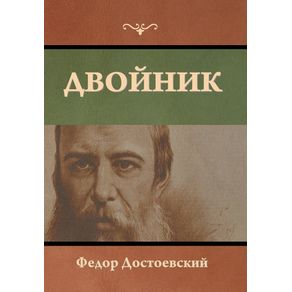 Двойник
Двойник
IndoEuropeanPublishing
R$ 227,90 ou até 3x sem juros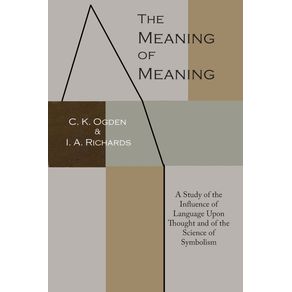 The Meaning of Meaning
The Meaning of Meaning
Martino Fine Books
R$ 146,28 ou até 2x sem juros Syntactic Structures
Syntactic Structures
Martino Fine Books
R$ 129,55 ou até 2x sem juros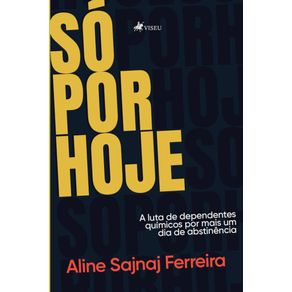 Só por hoje: A luta de dependentes químicos por mais um dia de abstinência
Só por hoje: A luta de dependentes químicos por mais um dia de abstinência
Editora Viseu
R$ 57,19 à vista Trânsito de fiéis: Internet, a nova estrada da fé
Trânsito de fiéis: Internet, a nova estrada da fé
Editora Viseu
R$ 51,90 à vista Como se tornar um tradutor de sucesso
Como se tornar um tradutor de sucesso
Editora Viseu
R$ 65,04 à vista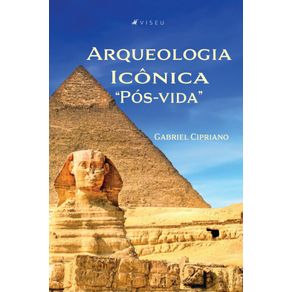 Arqueologia Icônica Pós-vida
Arqueologia Icônica Pós-vida
Editora Viseu
R$ 33,90 à vista Quer que desenhe
Quer que desenhe
Editora Viseu
R$ 39,90 à vista Step-By-Step Arabic Language
Step-By-Step Arabic Language
Nisreeen Beshqoy
R$ 427,51 ou até 3x sem juros Korean Picture Dictionary Coloring Book
Korean Picture Dictionary Coloring Book
Lingo Mastery
R$ 122,57 ou até 2x sem juros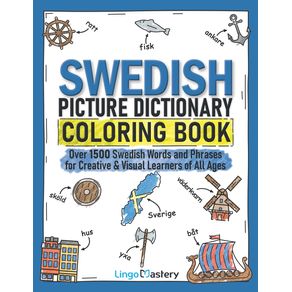 Swedish Picture Dictionary Coloring Book
Swedish Picture Dictionary Coloring Book
Lingo Mastery
R$ 122,78 ou até 2x sem juros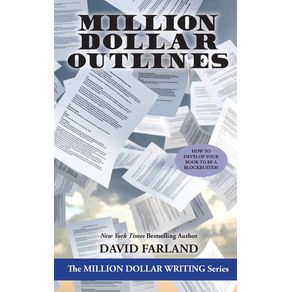 Million Dollar Outlines
Million Dollar Outlines
WordFire Press LLC
R$ 139,62 ou até 2x sem juros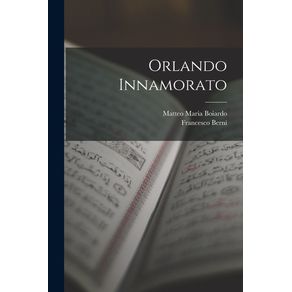 Orlando Innamorato
Orlando Innamorato
Legare Street Press
R$ 182,37 ou até 3x sem juros The Seven Tablets of Creation
The Seven Tablets of Creation
Legare Street Press
R$ 152,29 ou até 3x sem juros Gramática Árabe
Gramática Árabe
Legare Street Press
R$ 150,17 ou até 3x sem juros Двойник
Двойник
IndoEuropeanPublishing
R$ 227,90 ou até 3x sem juros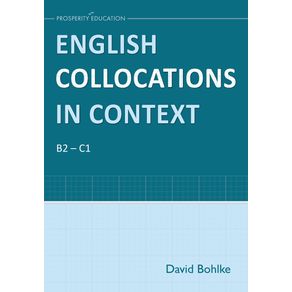 English Collocations in Context
English Collocations in Context
Prosperity Education
R$ 168,15 ou até 3x sem juros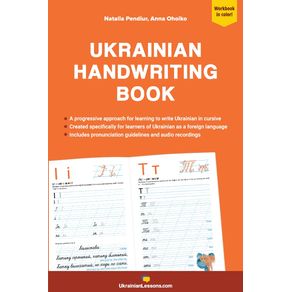 Ukrainian Handwriting Book
Ukrainian Handwriting Book
Lulu Press
R$ 158,89 ou até 3x sem juros